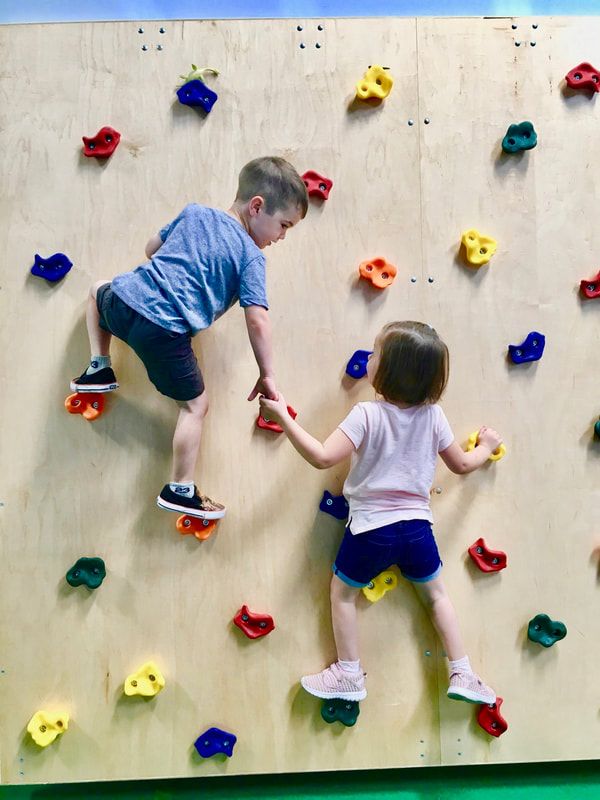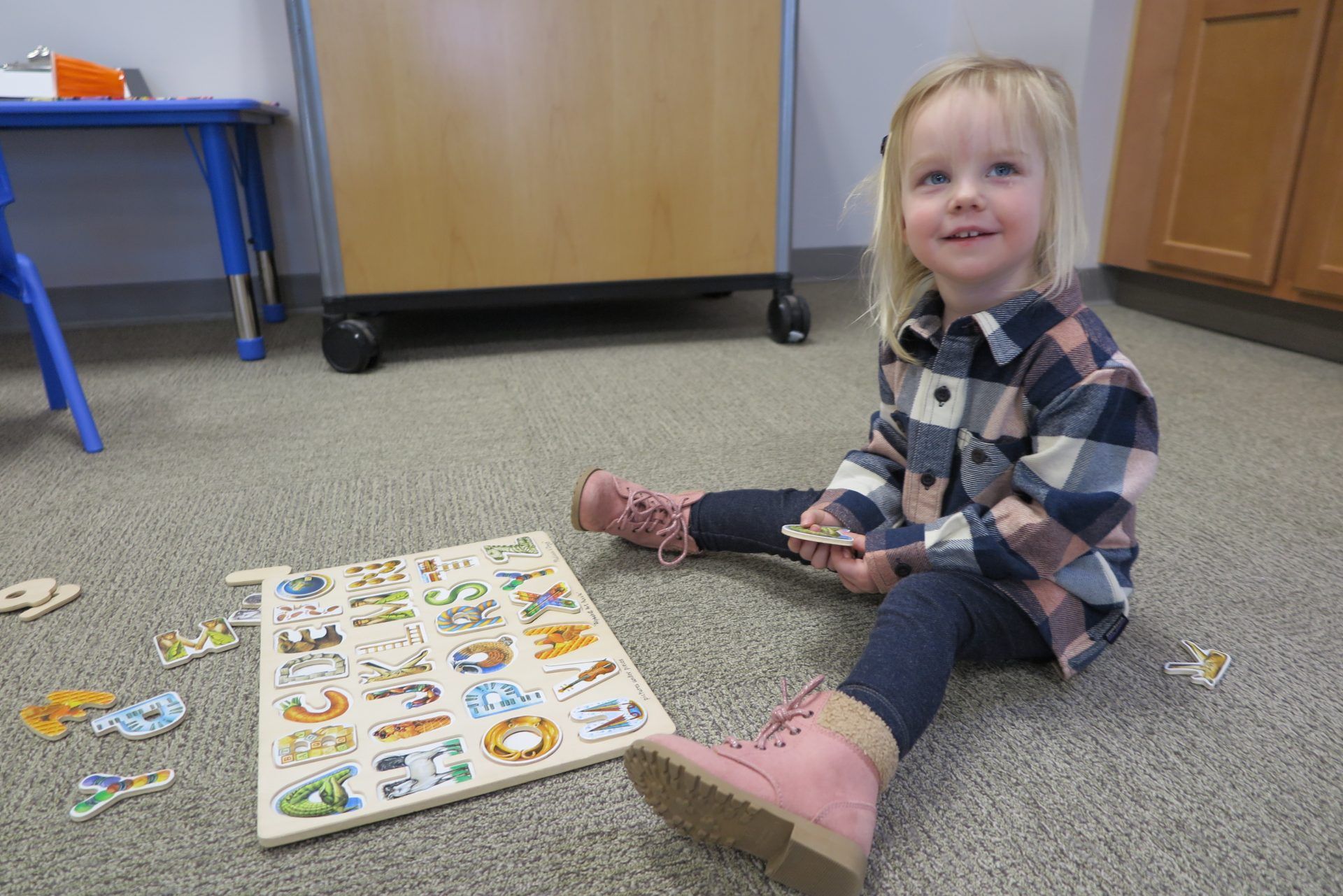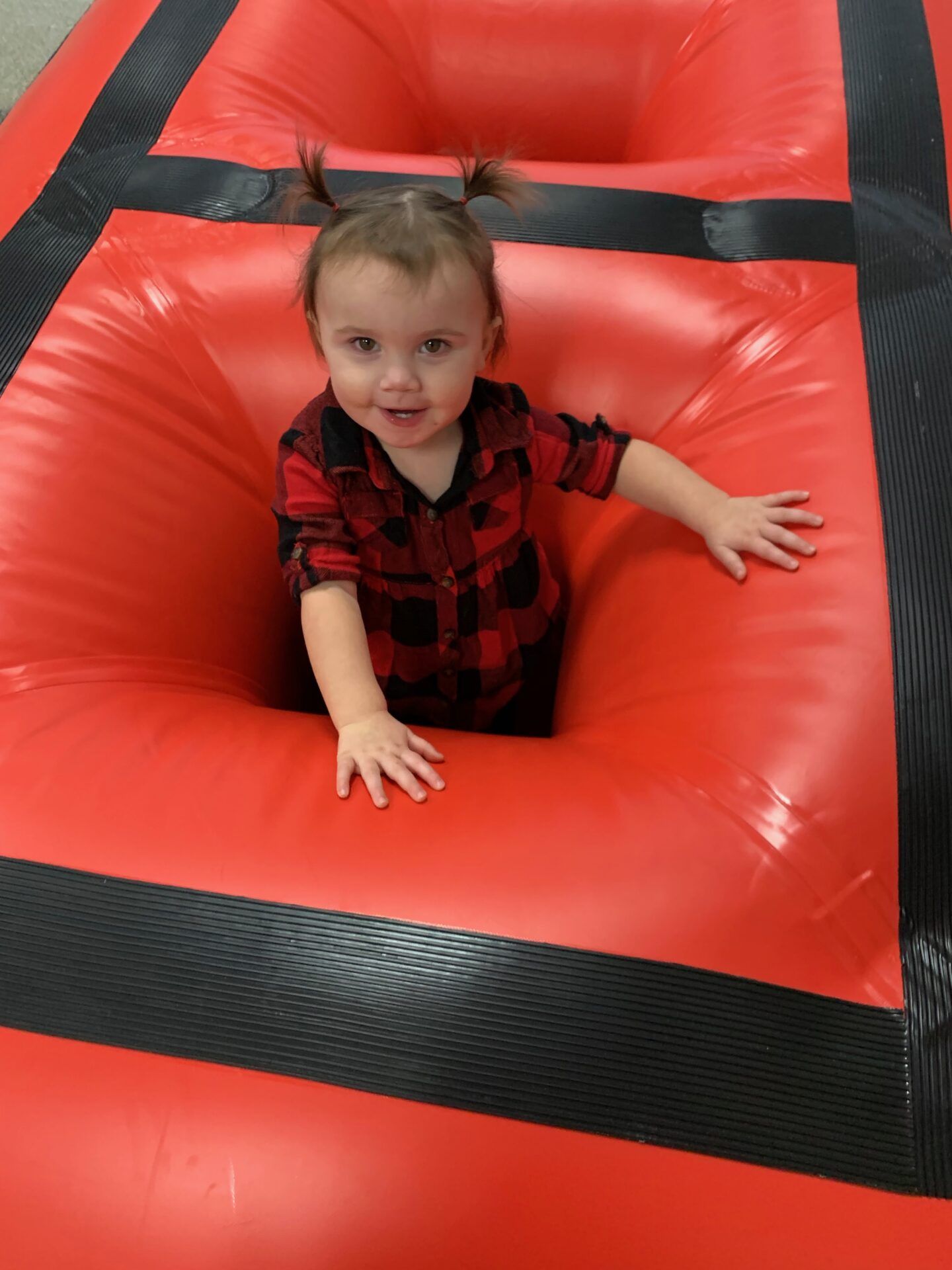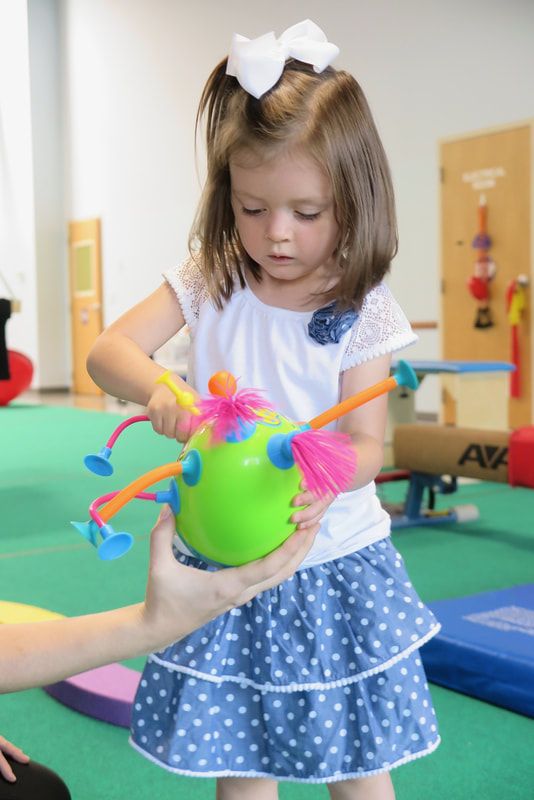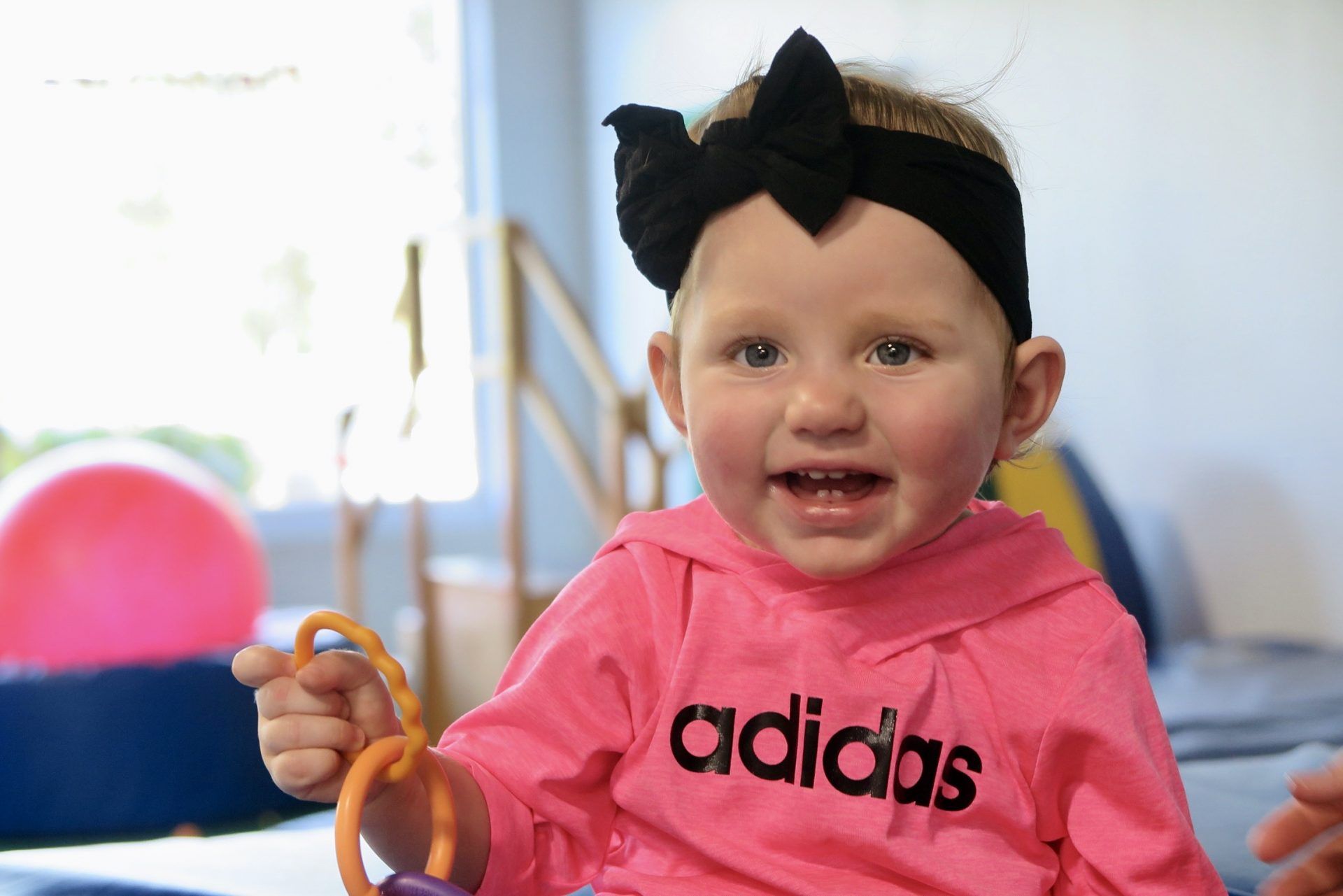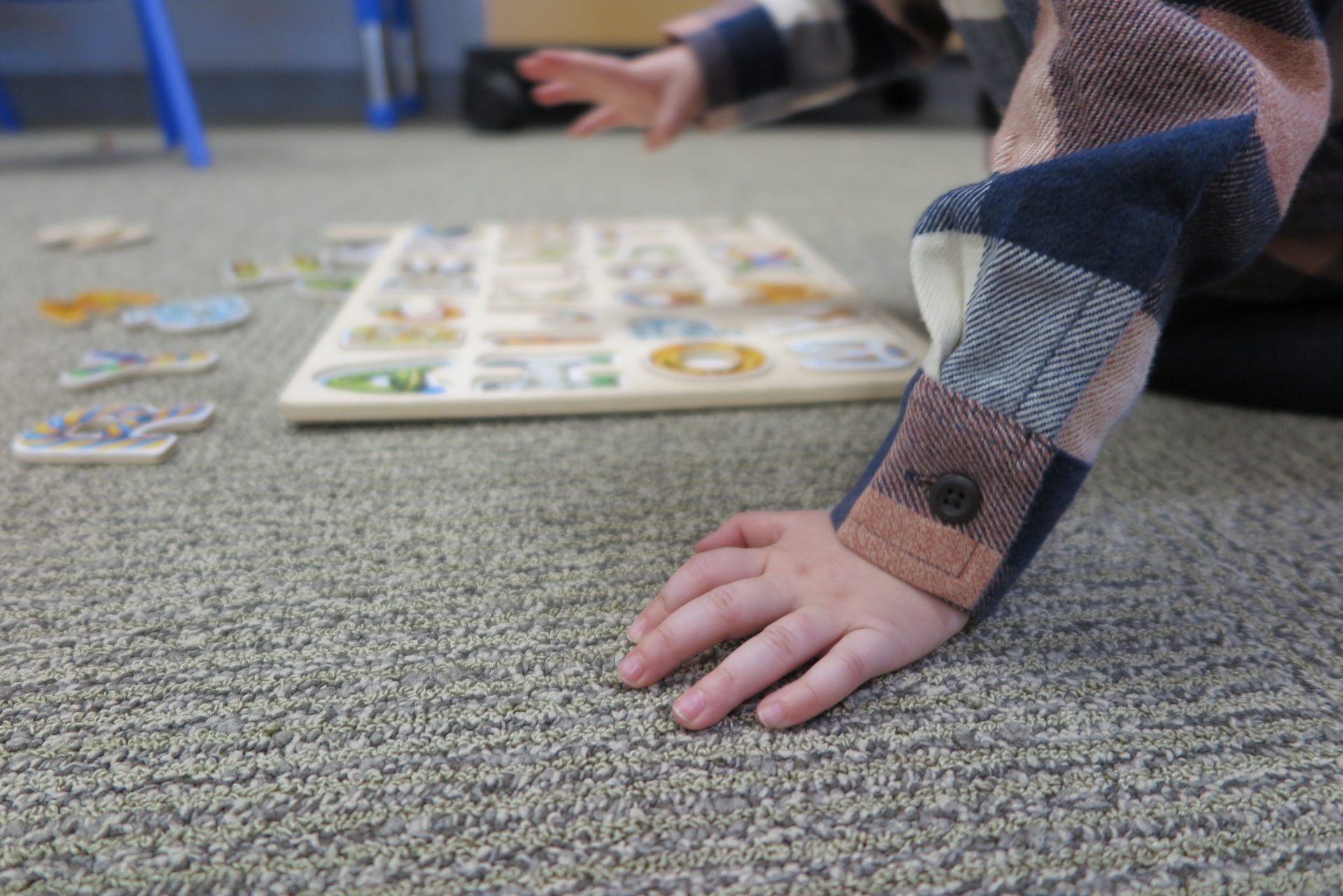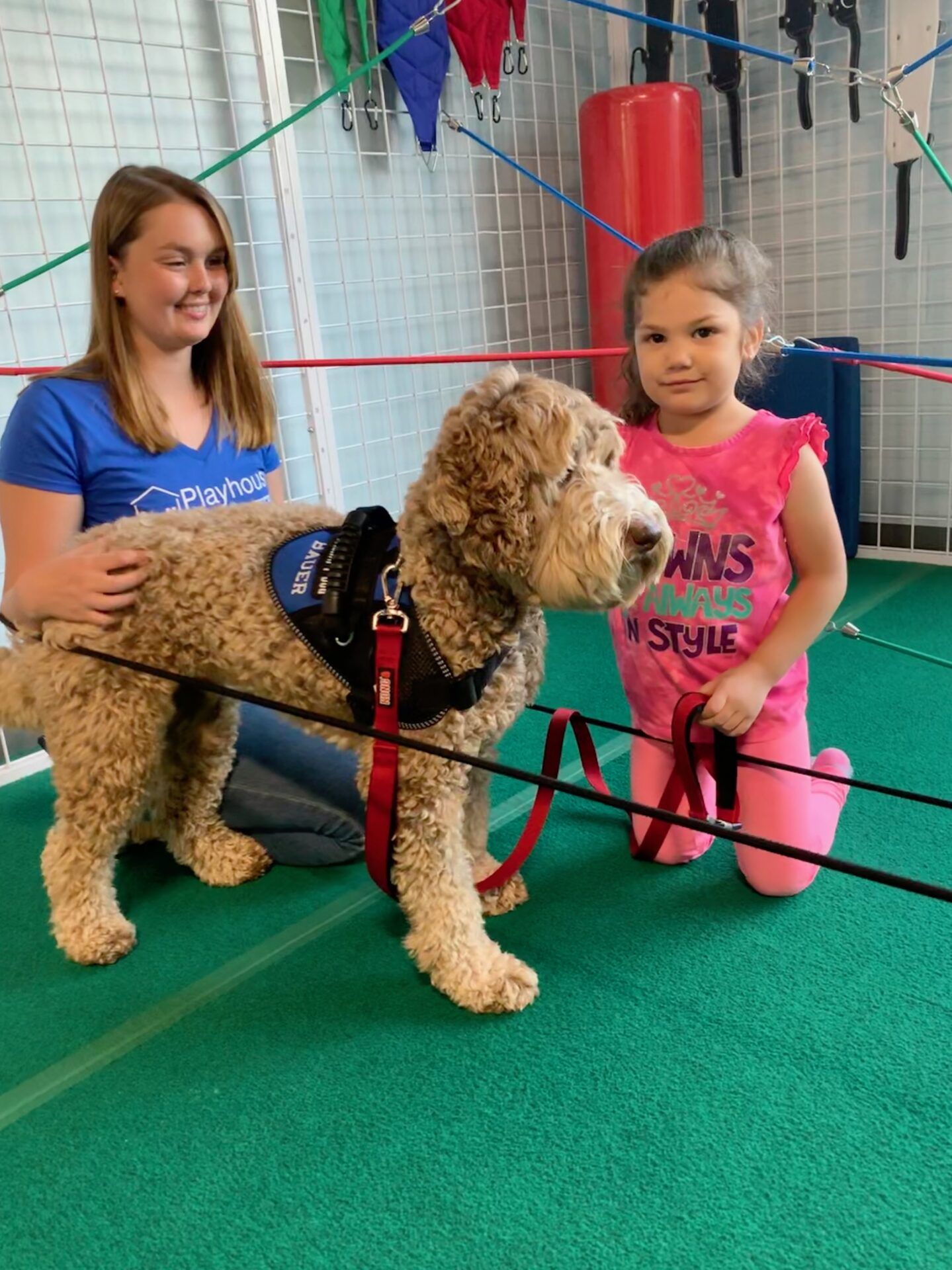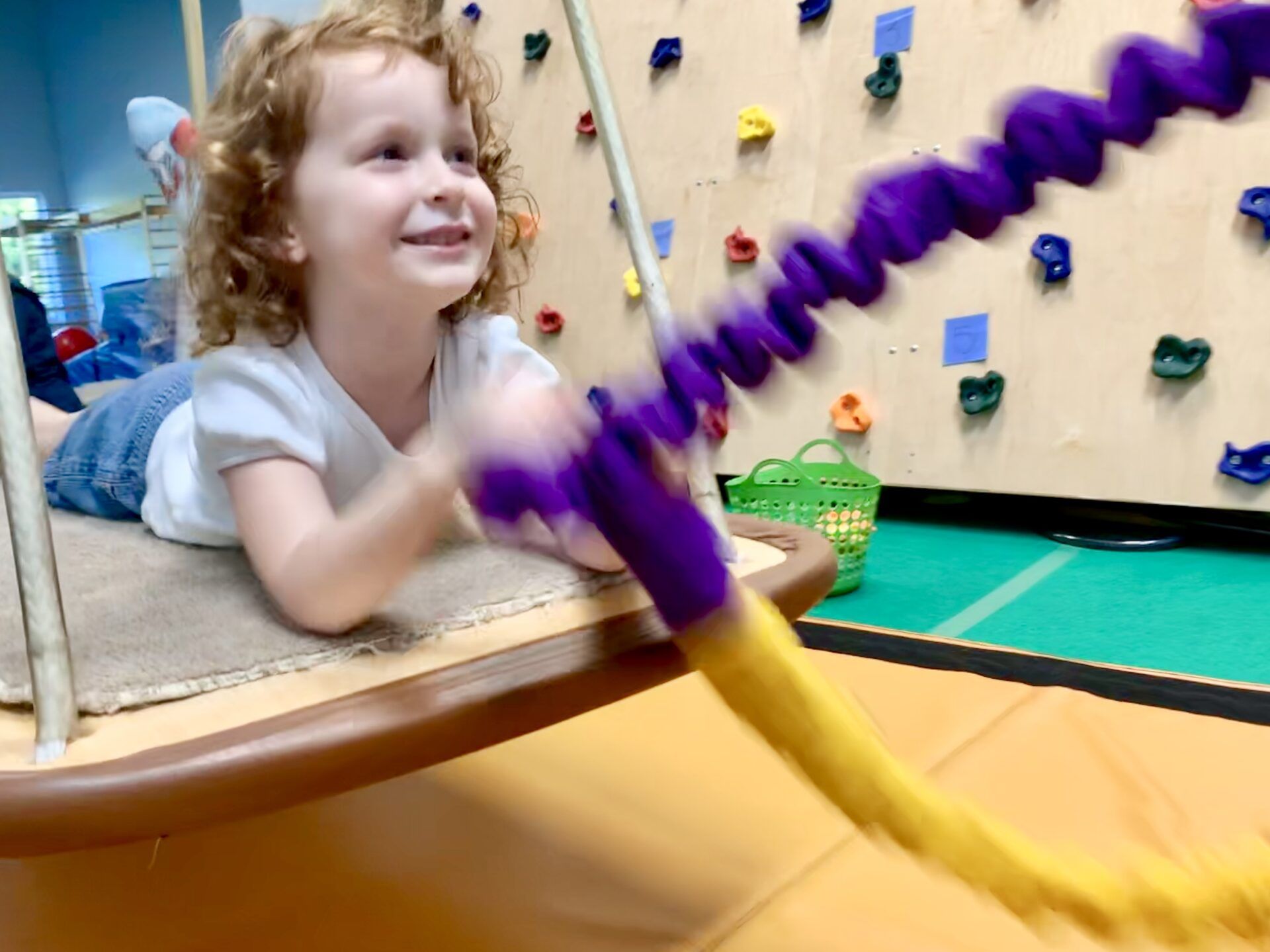- Virtual
- Therapy
- Specialties
- Free Screenings
- Educational Advocate
- Infant Screenings
- Bike Riding
- Buteyko Breathing Method
- Craniosacral Therapy
- Gait Clinic
- Feeding Clinic
- Myo Munchee
- Telehealth Therapy Online
- Thumb Sucking
- Posture Intervention
- PROMPT
- Professional Workshops
- Reading Help/Orton-Gillingham Approach
- Reflex Integration
- Serial Casting
- Schroth Therapy for Scoliosis
- Small Steps for a Healthier Life
- Sports Rehab
- Therapeutic Listening
- Specialties and Advanced Training
- Info
- Clients
- Contact Us
Pediatric Occupational Therapy
Questions about BDI Occupational Therapy?
BDI Occupational Therapists
Our Occupational Therapists are trained to identify barriers that restrict a child’s success or independence in completing everyday “occupations”
What is a child’s occupation?
- Play independently
- Be successful in school
- Easily adapt to change and problem solve
- Complete self-care tasks
- Effectively communicate to maintain great relationships with family and friends
- Learn beneficial behavioral skills, such as accountability, empathy, concentration, and self-esteem
Occupational Therapy can help your child improve:
- Holding pencil/crayon
- Manipulating toys/small objects
- Clothing fasteners
- Limited movement in hands/arms, head, legs, or other body parts
- Difficulty straightening limbs
Core Strength
- Sitting still or sitting without support
- Climbing/running/jumping
- Balance
- Frequent falls
Arm/Hand Strength
- Turning doorknobs
- Opening containers
- Holding a pencil
- Carrying multiple objects
- Maintaining hold on objects
- Dressing
- Eating
- Bathroom hygiene
- Chores
- Planning
- Decision making
Sensitivities to:
- Sights
- Sounds
- Movement
- Taste
- Touch
- Smell
- Reading
- Puzzles
- Reversing letters/numbers
- Visual scanning (example instead that doesn’t use the medical term)
- Sorting
Hand eye coordination
- Handwriting (letters/numbers)
- Drawing/coloring
- Cutting
- Ball skills

Occupational Therapy can help improve
Fine motor skills
- Holding pencil/crayon
- Manipulating toys/small objects
- Clothing fasteners
Bilateral Coordination
- Jumping jacks
- Throwing/catching a ball
- Pull/push toys
- Crafting (cutting, glueing, etc…)
Visual-Motor Skills
- Handwriting (letters/numbers)
- Drawing/coloring
- Cutting
- Ball skills
Visual Perceptual Skills
- Reading
- Puzzles
- Reversing letters/numbers
- Visual scanning (example instead that doesn’t use the medical term)
- Sorting
Self Care
- Dressing
- Eating
- Bathroom hygiene
- Chores
- Planning
- Decision making
Sensory Processing
Sensitivities to:
- Sights
- Sounds
- Movement
- Taste
- Touch
- Smell
Strength
Core Strength
- Sitting still or sitting without support
- Climbing/running/jumping
- Balance
- Frequent falls
Arm/Hand Strength
- Turning doorknobs
- Opening containers
- Holding a pencil
- Carrying multiple objects
- Maintaining hold on objects
Range of Motion
- Limited movement in hands/arms, head, legs, or other body parts
- Difficulty straightening limbs
Emotional Regulation
A-Z of our OT Services
A
Autism
Attention
ADLs (activities of daily living)
B
Body Awareness
Bilateral Coordination
C
Core Strength
D
Dyspraxia
Dysgraphia
Dressing skills
E
Eye Hand Coordination
Executive Functioning Skills
Emotional Regulation
F
Feeding
Fine Motor Skills
Fine Motor Coordination
G
Gravitational Insecurity
Grip Strength
H
Handwriting
I
IADLs (Instrumental Activities of Daily Living)
M
Motor Planning
P
Postural Control
Play
R
Reflex Integration
ROM (Range of Motion)
Routine Management
S
Self Care
Sensory Processing
Safety Awareness
T
Toileting
V
Visual Motor Skills
Visual Perceptual Skills
Great Feedback from Great Families
BDI Playhouse has exceptional therapists… my son was evaluated at BDI and received Occupational Therapy – and loved his therapist at BDI! I cannot say enough about the entire staff. Qualified, caring, exceptional people.”
Getting Started With Occupational Therapy
Still not sure? Learn more about whether your child needs therapy here
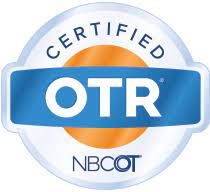

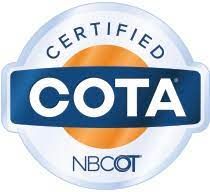
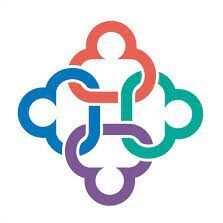

Locations
Orland Park
11411 W 183rd St.
Suite B
Orland Park, IL 60467
Google Maps
Naperville - Aurora
600 N Commons Dr
Suite 102
Aurora, IL 60504
Google Maps
Contact Us
Give us a call, email or message us if you have any questions!
(708) 478-1820 • info@bdiplayhouse.com
Follow us on social media!
